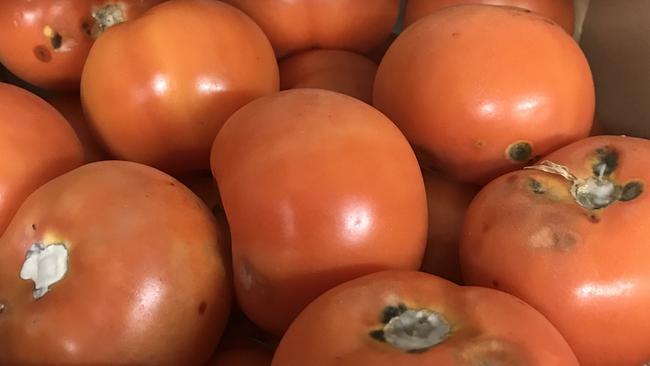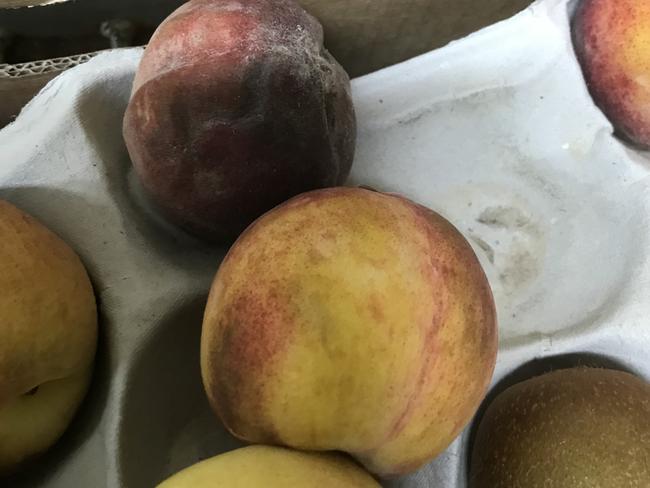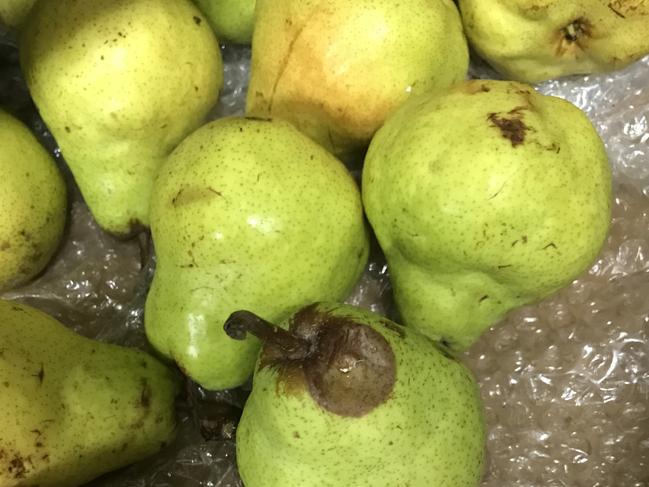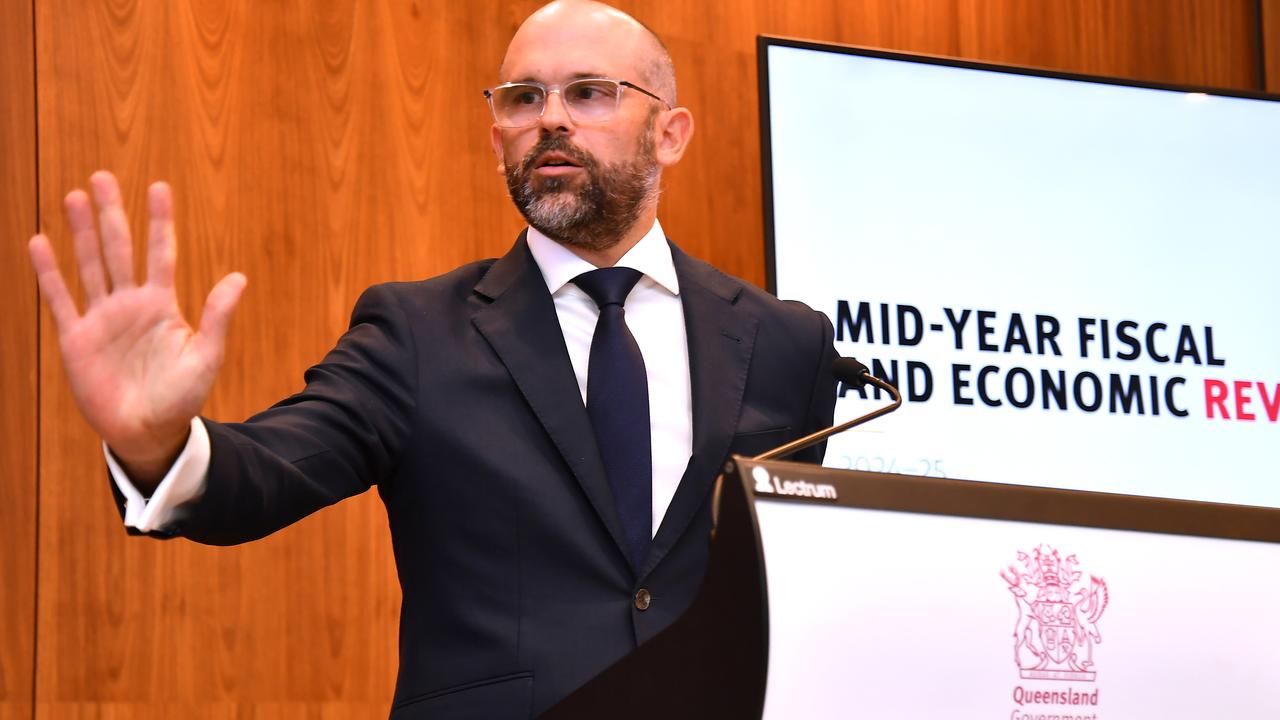Outrage as remote supplies left to rot
A federal agency managing stores for almost 40 remote communities allegedly wasted at least $550,000 in a year by deliberately over-ordering produce

Outback Stores, a federal agency managing remote shops for almost 40 indigenous communities, allegedly wasted at least $550,000 in a single year by ordering fresh fruit and vegetables that locals did not want, according to an analysis of its records.
The practice, which involved sending stores hundreds of kilograms more of some heavy items, such as watermelons and potatoes, than store managers had ordered made it appear Outback was selling enormous quantities of fresh produce out bush. Instead, the produce probably ended in landfill.
The scheme also allegedly earned Outback about $67,000 in “kickback”-like incentives. Impoverished communities, however, had to wear the cost in terms of inflated prices on other items and foregone profits.
The analysis was done by Aboriginal Investment Group, a subsidiary of the Northern Land Council, using records from the Barunga store, 80km southeast of Katherine, in the Northern Territory.
AIG took over management of that outlet from Outback in December 2018. To come up with the figures, AIG combed through hundreds of invoices, store sales and other records, concluding that almost half of all fresh fruit and vegetables sent by Outback to Barunga in 2017-18 was never on-sold to customers.
Much of the excess produce was “allocated” by head office rather than being ordered by local managers with direct knowledge of community demand. Pictures taken when AIG took control of the store showed crates of rotting cabbages, pears and tomatoes left behind.

AIG chief executive Steve Smith said remote stores should prioritise increasing the amount of fresh produce that indigenous people consume and Outback’s public claims based on the amount of fresh produce it shipped were deeply misleading.
“When Barunga store was managed by OBS, as much as 48 per cent of all fresh produce purchased by the store went to waste,” Mr Smith said.
“If we use that store as an example across all of OBS’s network, we estimate that about $550,000 per year of produce ends up in landfill.”
Invoices reviewed by The Australian show that in the three months to the end of March 2018, Barunga ordered 8kg of watermelons but received 100kg.
It ordered no cherries but was allocated 40kg of them and also got 20kg of grapes, despite asking for just 3kg.
“None of the watermelon orders resulted in any sales, while only 1 per cent of the cherry order and 25 per cent of the grapes order were sold,” a memo by AIG reads.
“The remainder was food waste … AIG has been informed that in the case of the watermelon, there were greater order allocations for bigger stores, resulting in 200kg and 300kg watermelon order allocations.”
In many cases, Outback is not only the supplier but takes a fee from the community to manage stores. Because it is a government agency, communities expect the organisation to act in good faith by minimising prices and costs and maximising profits returned to them.
Store profits are an important source of income in many communities and, as in many other towns, indigenous people are often eager to see economic gains from consumption remain close to home.
“The benefit here is going directly to OBS through rebates on fresh produce, while the stores are incurring significant losses,” Mr Smith said.
Barunga prices dropped by more than 8 per cent on average after AIG took control and the store returned a modest profit.

In previous years under OBS management, store losses had averaged around $94,000 per annum, Mr Smith said.
Earlier this year, Outback drew scrutiny for sending receivers into the remote West Australian town of Balgo’s only store on New Year’s Eve, forcing locals to scramble to ensure their families did not run out of food.
The dispute escalated an 18-month battle that has brought claims of bribery, stealing and unconscionable conduct before the courts.
Mr Smith, a former Australian Competition & Consumer Commission investigator, has previously accused Outback of forcing remote shoppers to pay “double margins”, or mark-ups of as much as 65 per cent on top of the retail price of items it on-sold from outlets like Big W.
Outback did not respond to multiple requests for comment made by The Australian.
The ACCC has previously declined to investigate Outback, passing complaints on to the Department of Prime Minister and Cabinet. In May, Indigenous Australians Minister Ken Wyatt asked the house standing committee on indigenous affairs to launch an inquiry into food prices and food security in remote communities amid outrage among families forced to pay inflated costs during the coronavirus pandemic.
A statement Outback issued to the inquiry said it would be “excited” to participate. Outback, founded in 2006, grew rapidly in the wake of the Howard government’s 2007 Northern Territory Emergency Response, intended to address market failures that led to an undersupply of healthy produce in the bush.







